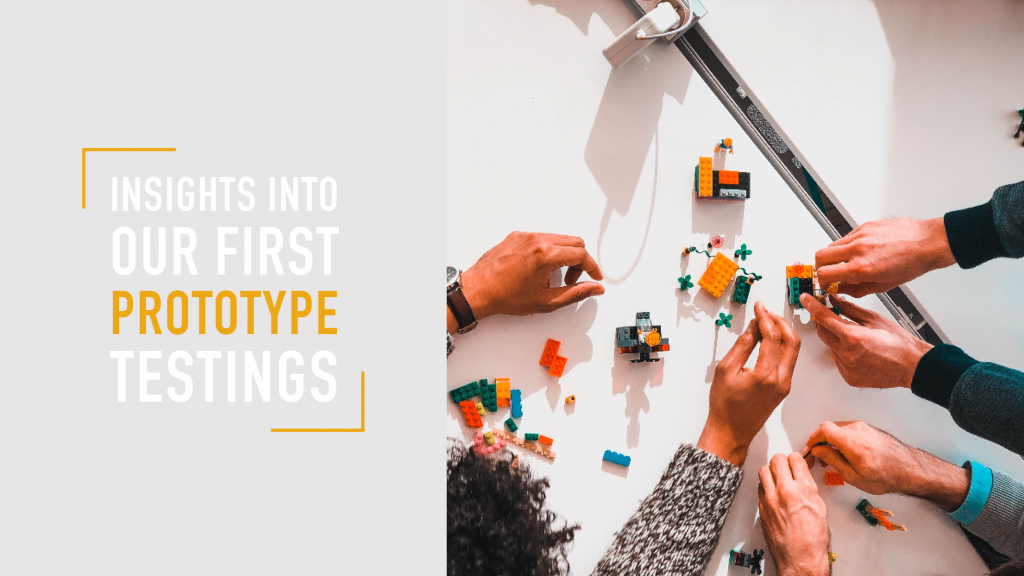This is the fifth part of a blog series on the evolution of POLIS.
In the last blog we provided you with insights into the focus groups we conducted in the last months. Based on the generated insights we decided to build testable prototypes for a learning experience that leverages network effects, enables self-directed learning, and is radically practical.
Case-based learning is the way to go
To address inductive learning, we decided to build prototypes that allow participants to learn from concrete best practices. This led us to case-based teaching in which participants review the situations and explore how to approach or even resolve the issues through discussion with their peers. Case studies as a teaching method have a long tradition in business, law, and public policy schools but are not broadly used in political training and development.
Through the activities of The Innovation in Politics Institute, we have access to more than 1,600 potential case studies. We chose to develop two of them: one is about a strategic approach to allocate finite resources for growth in political parties, the other one focuses on an arctic municipality that found local solutions for global challenges.
Building a radically practical two-hour learning experience
In developing the format for our prototype, we had to address three conditions: First, political professionals are very busy. Second, participants want something radically practical with concrete takeaways. Third, we need to ensure that participants can imagine being the main actors of the case.
To fulfill these conditions, we decided to build a two-hour case-based learning experience which is structured as follows: In the first part, we deep dive into the case study to provide participants with insights into the best practice and make them curious about what else needs to be explored (mindset). In the second part, participants discuss and work on specific tasks, which helps them to improve their analytical skills, skills for complex problem solving as well as group work skills (skillset). And in the third part we give participants a tool that helps them to apply the knowledge gained in their organisation (toolset). Furthermore, we provide the audience with written information and video content which supplement the case study and give insights into the context of the case and the task at hand.
Four learnings from testing internally and externally
In the first two prototype trainings, we focused on a strategic approach to allocate finite resources for growth in political parties. In the first step, we tested the format with the team. After mobilising globally through different channels, in the second step we tested the prototype training with participants from eight countries (e.g. Sweden, Poland, India and Lebanon). From these settings, we derive four main findings:
- Length, format and structure of the workshop make sense. The two-hour time frame fits well into the schedules of political professionals and forces participants to focus on the content of the workshop. Also, the case study and the additional materials we provided helped participants to prepare well.
- Political professionals grasp the essence of complex situations very quickly. We anticipated that we would need more time to introduce them to the context of the case, but for future workshops we will shorten the introductory part and jump faster into the task at hand.
- We underestimated the participants’ desire to reflect on how to apply the knowledge and tools they gained in the workshop in their own organisations. For future workshops we will put more emphasis on giving participants time and room for discussing this matter with their peers
- We need to think further ahead and develop a strategic approach on which competencies we want our participants to develop in a POLIS training. To this end, we will start talking to innovative senior administrators and politicians to identify the underlying factors to successfully design, plan and implement innovative projects in the political sphere.
In January and February 2021 we will continue our prototype tests. In two sessions we will deep dive with participants into how a municipality in Finland managed to reduce CO2 emissions, while at the same time creating jobs and lowering taxes. Interested? Then apply for the next prototype training and experience a new kind of political training and development.
